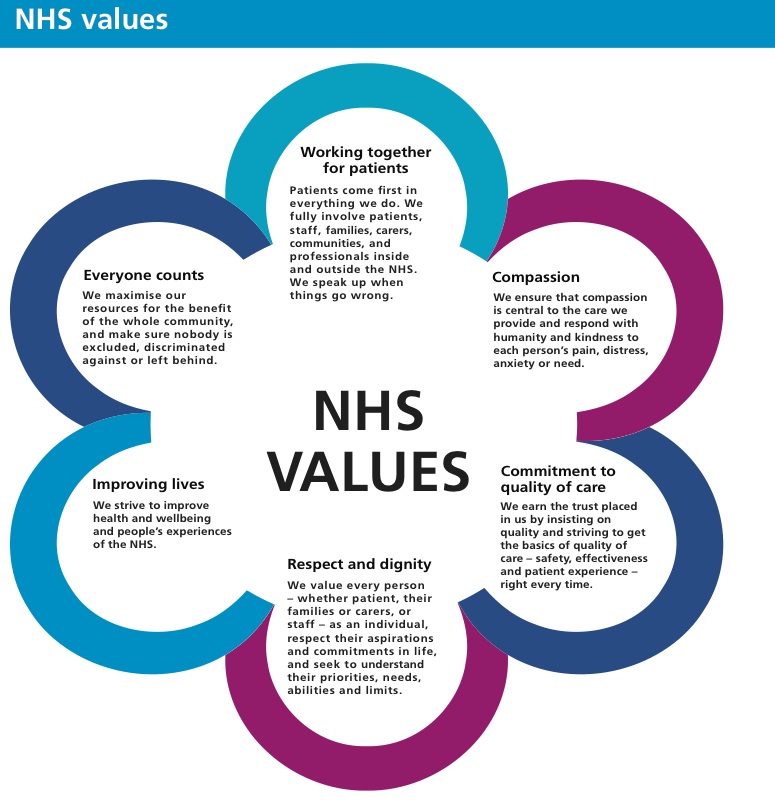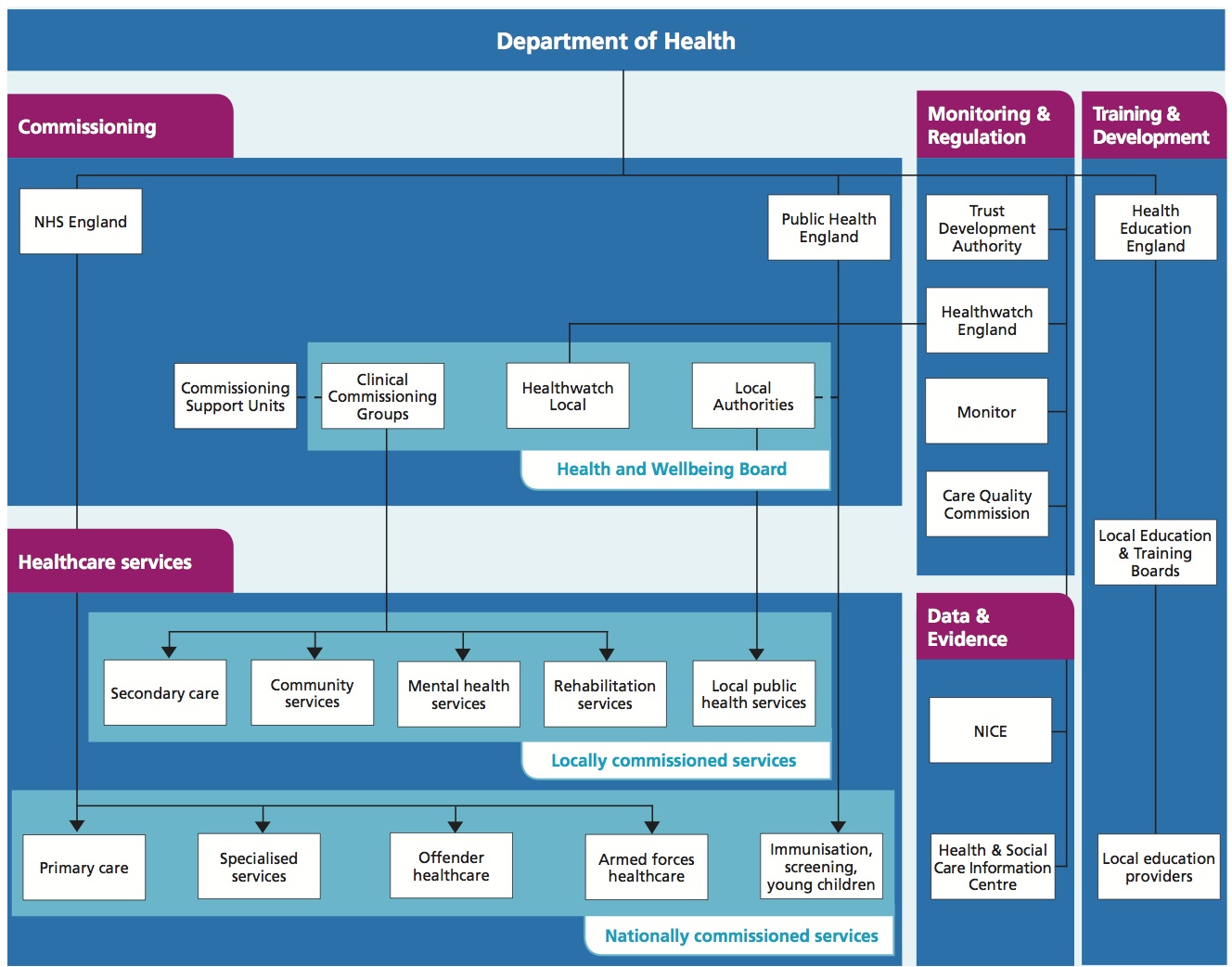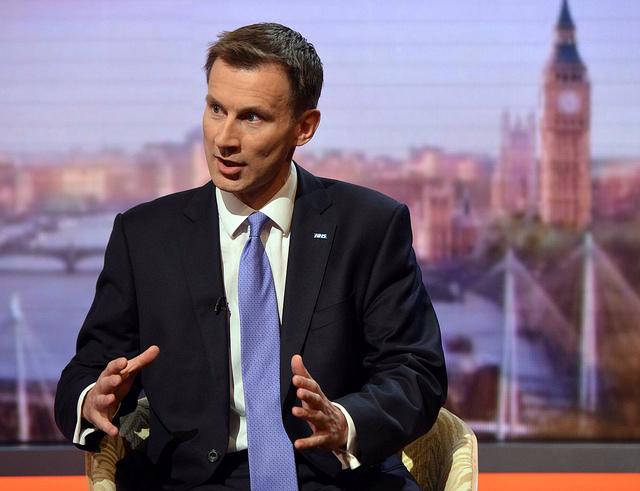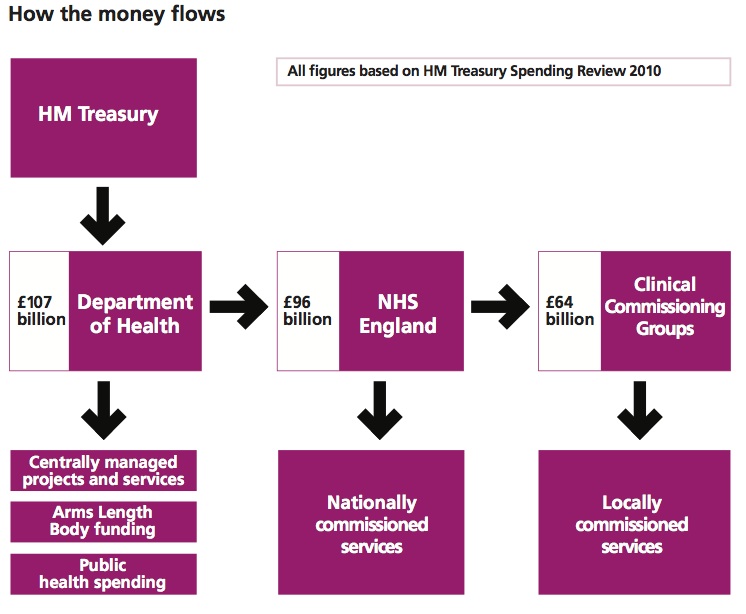Everything You Need to Know
 If you are applying for an orthopaedic training number or looking to work in the United Kingdom then you need to know how the NHS works. It is fair to say that if asked about this and you draw a blank this will raise some significant concerns at the orthopaedic ST3 recruitment interview!
If you are applying for an orthopaedic training number or looking to work in the United Kingdom then you need to know how the NHS works. It is fair to say that if asked about this and you draw a blank this will raise some significant concerns at the orthopaedic ST3 recruitment interview!
If you are asked at the ortho interview about the NHS then if you have prepared this its easy marks. So let’s get into the details.
Origin
The NHS was launched in 1948. It was designed for allow excellent health care for all regardless of income. The NHS is free at the point of care for all UK residents (64.1 million people).
Structure
In 2013 the structure of the NHS changed.
The Secretary of State for Health
Jeremy Hunt is the Secretary of State for Health. He has has overall responsibility for the work of the Department of Health (DH).
The Department of Health
The Department of Health (DH) is responsible for leadership and funding for both public health, health and social care in England. Further information about the DH: https://www.gov.uk/government/organisations/department-of-health/about
NHS England
NHS England is an independent body, separate from the government. It’s main role is to improve health outcomes for people in England. NHS Englands roles are:
- National leadership for improving outcomes and driving up the quality of care
- Overseeing the operation of clinical commissioning groups (CCGs)
- Allocate resources to CCGs
- Commissions primary care and specialist services
More information about NHS England: http://www.england.nhs.uk/about/
Commissioning (How its Funded)
The NHS is funded through taxation. The Health & Social Care Act 2012 moved responsibility for pricing from the Department of Health, to a shared responsibility for NHS England and Monitor. The budget for 2015/16 is around £115.4 billion.
NHS England
NHS England is a clinically led organisation with a budget of just over £95 billion. Of this over £65 billion is allocated to Clinical Commissioning Groups (CCGs) and local authorities. It has 27 area teams but is one single organisation operating to a common model with one board.
This money is used to commission (setup / pay for) services locally for patients. The remainder is allocated to direct commissioning activities and to operational costs.
Sorry folks, thats as far as I have managed to get so far, check back over the next couple of days for further updates!
Like what you have been reading? Check out the other areas of the site for plenty more great content. Want to get the latest posts and updates direct to your email inbox once a week? Click here and subscribe to the newsletter.
Clinical Commissioning Groups
Who are the CCGs?
Clinical Commissioning Groups are designed to be clinically led and responsive to the health needs of their local populations. They are membership bodies made up of GP practices in the area they cover. The members set out in their constitution the way in which they will run their CCG. Constitutions are agreed with NHS England and published. The law requires that members appoint a governing body who oversee the governance of the CCG and which must have at least six members including a chair and a deputy chair:
The CCG’s Accountable Officer The Chief Finance Officer
A registered nurse
A secondary care specialist Two lay members
Many CCGs have appointed additional members to bring added perspectives to their governing body. Details must be set out in their constitution. Although the members of CCGs are GP practices, CCGs are required to obtain expert advice from a broad range of health professionals.
Foundation Trusts vs NHS Trust
Regulation & Monitoring
Education & Training
Everything You Need to Do
http://www.nhs.uk/NHSEngland/thenhs/about/Pages/overview.aspx




